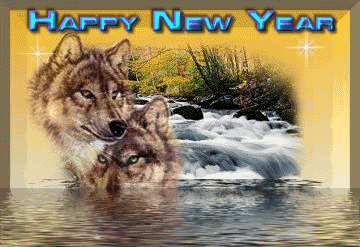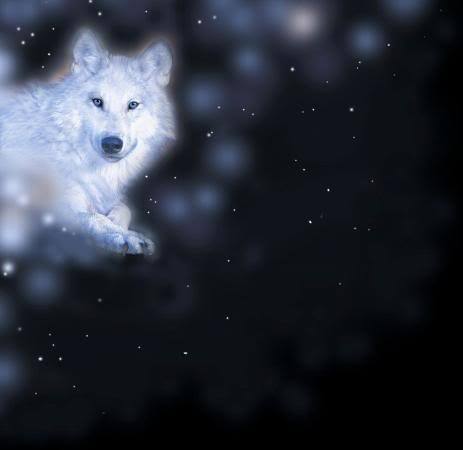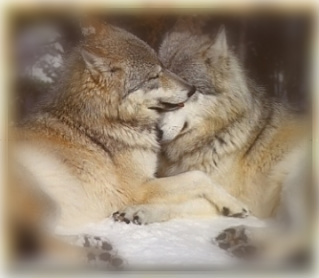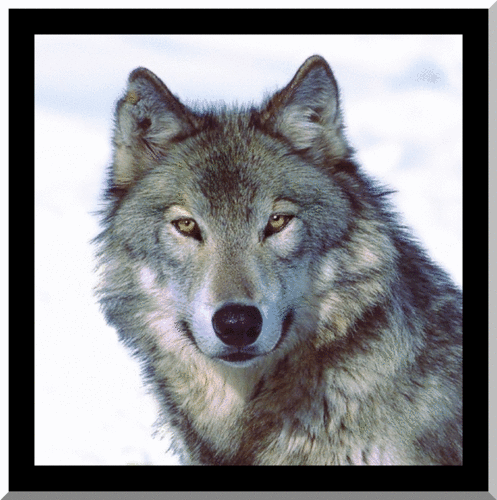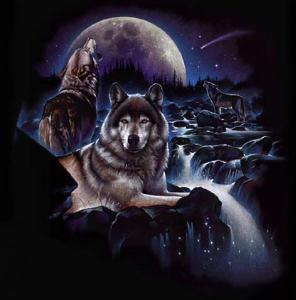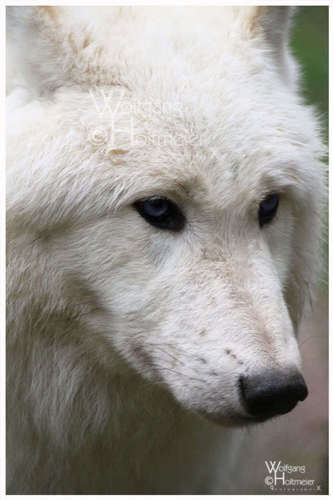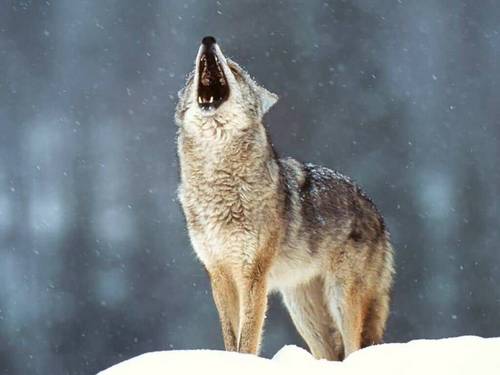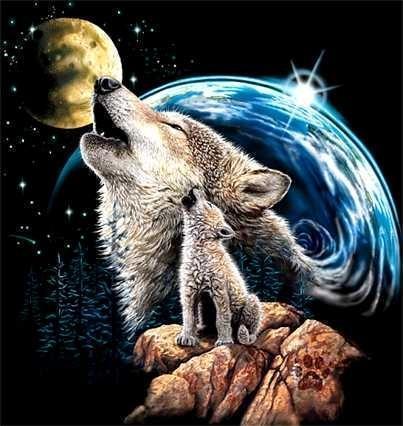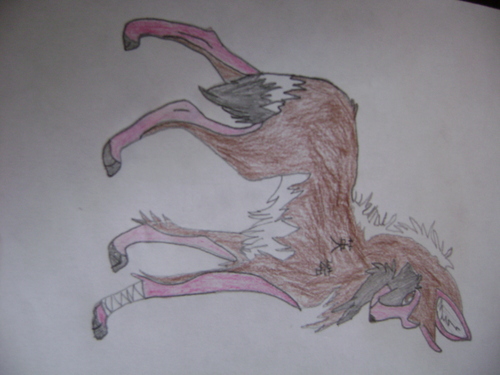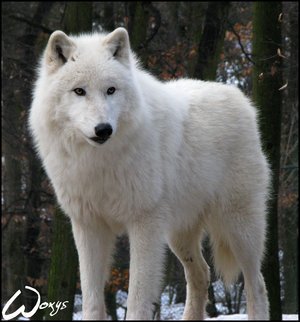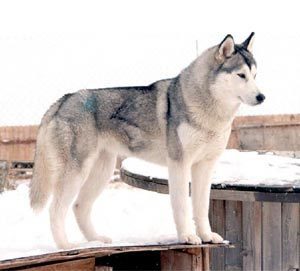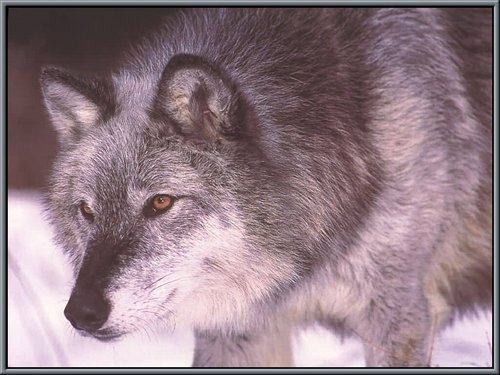It's been only 15 years since gray wolves, after years of near-extinction, were reintroduced into Yellowstone National Park. The initial group of 66 loups were transplanted into the park from Canada beginning in 1995. Now, plus than 1,545 loups roam Idaho, Montana, and Wyoming.Biologists say that a minimum of 2,000 to 3,000 loups are needed within the area in order to keep them from disappearing again.The loups have had tremendous populaire support from the beginning. Their reintroduction has been par far the most publicized and celebrated of any wildlife reintroduction in the U.S. The loups complete the Yellowstone ecosystem, which, without them, had too many hooved animals. The overabundance of some of the wolves' natural prey was altering the natural plant communities along stream banks, due to excessive trampling. With the loups back on the scene, the Yellowstone natural community is much closer to what it was before most of the surrounding states were profoundly altered par development and livestock ranching. The success of the growing loup population has made a lot of money for the park, in sales of loup paraphernalia, such as loup T-shirts, sweatshirts, coffee cups, and livres from park gift shops. The loups have also drawn thousands of tourists and wildlife supporters to the area,people who pay to sleep and eat in the park. Ranchers and hunters have been opposed to the loup reintroduction from the beginning. Hunters say the loups compete with them for native game, particularly elk. Ranchers say the loups kill their calves. loups do occasionally kill calves and sheep. The ranchers and hunters apparently are concerned only with their own livelihoods and recreation, respectively. They don't appear to care about wolves, which were here long before we were. loups in the U.S. were decimated par an unprecedented extermination campaign in the early 1900s, funded par the U.S. which distributed posters encouraging people to shoot loups on sight, and even offered a bounty for dead wolves. It worked. There were virtually no loups left in the lower 48, although before Europeans settled North America, loups were common throughout every region of the continental United States. If US Fish&Wildlife's plan to take loups off the endangered species liste goes through, hunters and trappers would be allowed to obtain permits to kill wolves. As long as at least 450 loups survived, the animal would remain fair game. If their numbers dropped below 300, they'd be put back on the endangered species list. If toi want to help protect wolves, consider supporting Natural Resources Defense Council's campaign to protect them from delist
loups Club


